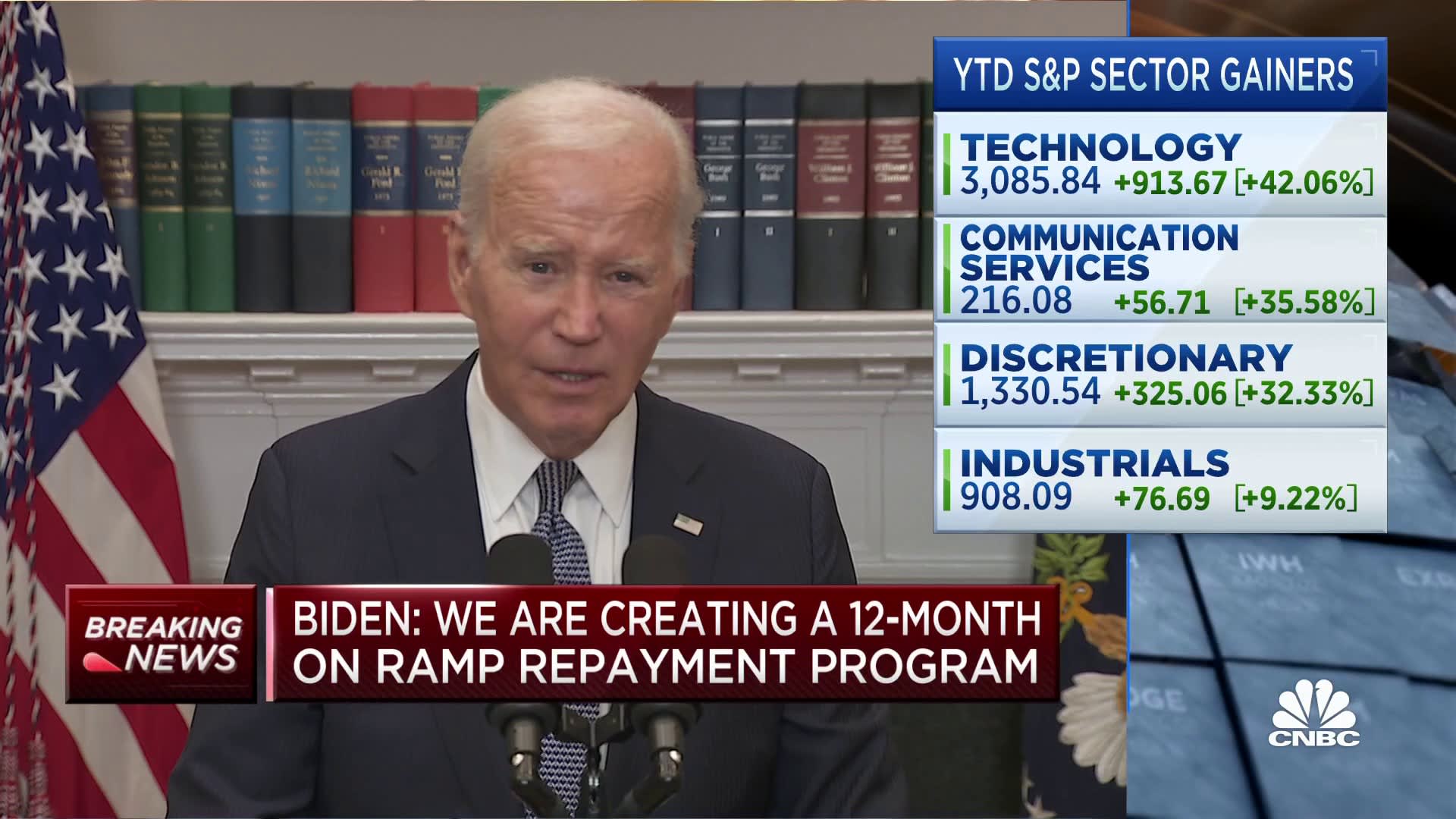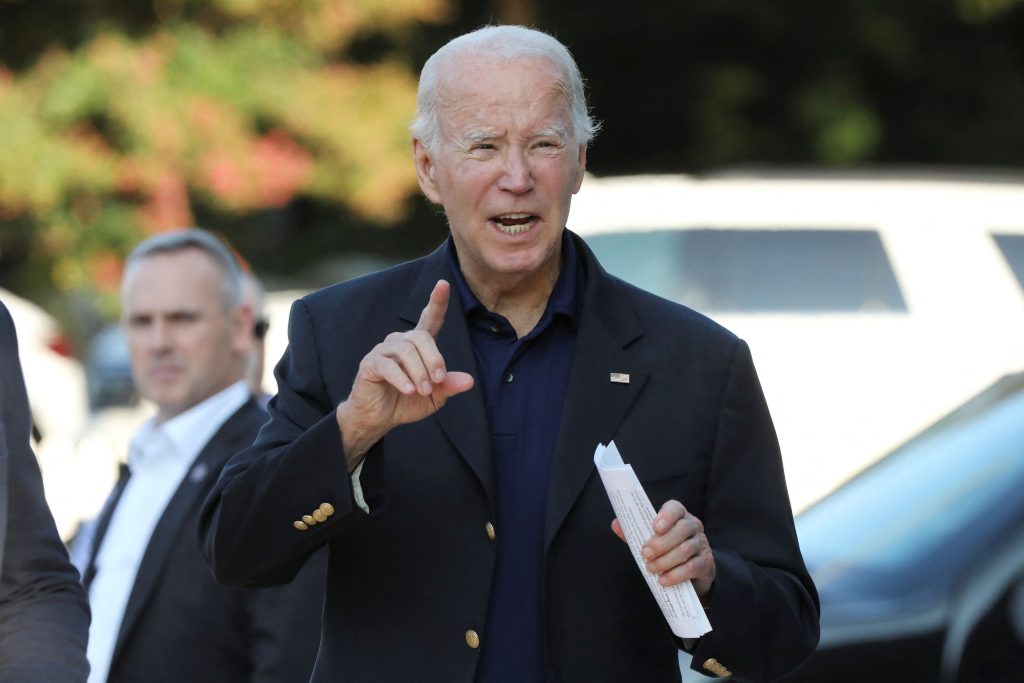Drazen Zigic | Istock | Getty Images
1. In-school borrowers
For student loan borrowers who are still in school, they may or may not see the interest on their debt accrue again this month. It depends on their loan type, Kantrowitz said.
Undergraduate subsidized student loans should not start racking up interest until after you’ve graduated and finished your six-month grace period. On the other hand, the interest on unsubsidized loans, common for graduate students, begin collecting interest as soon as they’re disbursed.
Likewise, holders of these loans will see their debt grow if they’ve returned to school for another degree, even if they enroll in an in-school deferment. Many borrowers are automatically put into this status.

2. Recent graduates
Most graduates get a so-called grace period after they’ve finished school before they need to start making their student loan payments. This period is usually six months, although in some cases, it’s nine months.
You won’t see the interest on your undergraduate subsidized loans collect until you’ve exited this window. Again, unsubsidized loans continue to grow.
Months during the pandemic-era pause count toward your grace period, Kantrowitz said.
3. Those struggling
Struggling borrowers may have options when it comes to keeping their interest suspended.
They should first see if they qualify for a deferment, experts say. That’s because their loans may not accrue interest under that option, whereas they almost always do in a forbearance.
If you’re unemployed when student loan payments resume, you can request an unemployment deferment with your servicer. If you’re dealing with another financial challenge, meanwhile, you may be eligible for an economic hardship deferment.
Those who qualify for a hardship deferment include people receiving certain types of federal or state aid and anyone volunteering in the Peace Corps, Kantrowitz said.
With both a hardship and an unemployment deferment, interest generally doesn’t accrue on undergraduate subsidized loans. Unsubsidized loans will rack up interest.
The maximum amount of time you can use an unemployment or hardship deferment is usually three years, per type.
Other, lesser-known deferments include the graduate fellowship deferment, the military service and post-active duty deferment and the cancer treatment deferment. You should ask your servicer if your loans will continue to grow under these varied options because each case is different.

